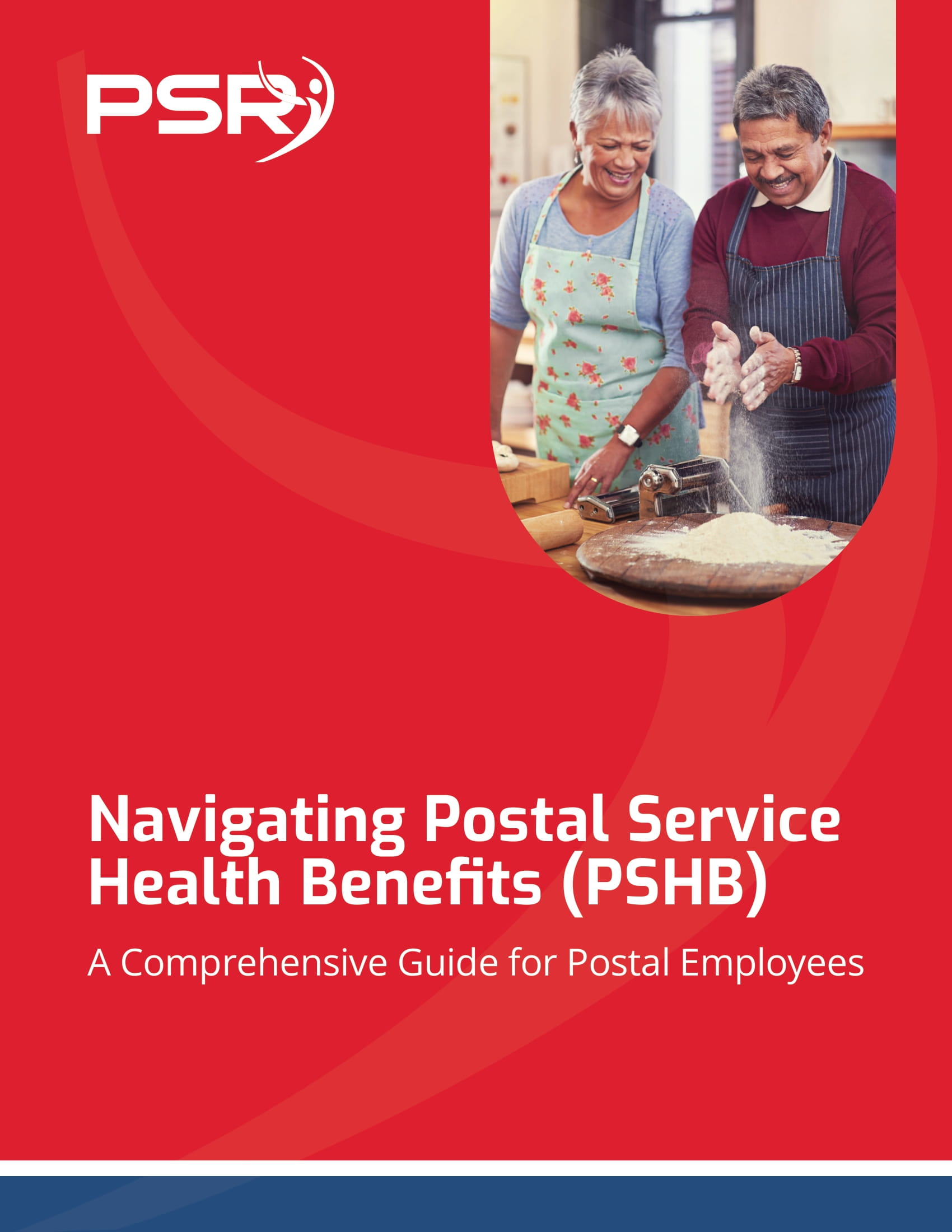Key Takeaways
-
Law enforcement retirement benefits offer early retirement and strong financial security, but they come with less-discussed risks that can impact your long-term future.
-
You must prepare for healthcare gaps, post-retirement identity shifts, and financial inflation to make the most of your well-earned benefits.
How Law Enforcement Retirement Is Structured
Law enforcement officers (LEOs) often enjoy enhanced retirement packages compared to other public sector employees. In 2025, many officers under the Federal Employees Retirement System (FERS) can retire as early as age 50 with 20 years of service, or at any age after 25 years.
- Also Read: Divorce and Your Federal Pension—What Happens When You Split Assets and How It Could Affect Your TSP
- Also Read: What Happens to Your Federal Benefits After Divorce? Here’s the Lowdown
- Also Read: The Best FEHB Plans for 2025: Which One Fits Your Lifestyle and Budget the Best?
-
Enhanced Pension Formula: Typically 1.7% of your high-3 salary per year for the first 20 years, and 1% thereafter.
-
Mandatory Retirement Age: Often set at 57, though extensions to 60 can sometimes be approved.
-
Special Retirement Supplement: A temporary bridge payment available until you qualify for Social Security at age 62.
On paper, this looks like an unbeatable deal. But the hidden side of early retirement is rarely discussed openly.
The Healthcare Gap Between Retirement and Medicare
One of the largest challenges you face retiring early is healthcare coverage. Most LEOs retire well before becoming eligible for Medicare at age 65. That leaves a gap of several years.
-
Federal Employee Health Benefits (FEHB): If you retire with FEHB eligibility, you can continue your coverage. However, you must pay the full retiree premiums without an active paycheck offsetting the cost.
-
Cost Surprises: Healthcare premiums often rise faster than inflation. You should budget for a steady annual increase, typically 5% or more.
-
Medicare Transition: Once you turn 65, you will need to enroll in Medicare Part A and likely Part B to maintain full coverage alongside FEHB.
Failing to plan for healthcare expenses during this “gap decade” can cause serious financial strain.
Inflation Eats Away at Fixed Benefits
While your pension feels generous at retirement, it does not fully shield you from inflation. Most federal pensions adjust annually with cost-of-living adjustments (COLAs), but:
-
FERS COLAs are Often Capped: If inflation rises above 2%, FERS retirees typically receive less than the full inflation rate.
-
Buying Power Declines: Over 15 to 20 years, even small annual gaps between inflation and COLA can substantially reduce the purchasing power of your pension.
You must account for inflation erosion, especially if you retire in your 50s and face decades of retirement living.
The Financial Impact of Early Retirement Savings Gaps
Retiring early means fewer years contributing to your Thrift Savings Plan (TSP) and other investments. This has lasting effects.
-
Fewer Contributions: Each missing year reduces your nest egg’s growth potential.
-
Shorter Accumulation Period: Retiring at 50 instead of 62 can cut 12 years of compounding interest.
-
Longer Withdrawal Period: You may need your savings to last 30 to 40 years, not just 20.
In 2025, financial advisors often recommend planning for a 35+ year retirement if you stop working in your early 50s.
Post-Retirement Employment Often Becomes Necessary
Many law enforcement retirees re-enter the workforce in some capacity, even if they did not initially plan to.
-
Second Careers: Consulting, security, and corporate investigations are common.
-
Financial Necessity: For some, healthcare costs, inflation, or unforeseen expenses make post-retirement work necessary.
-
Personal Fulfillment: Others find that the sudden loss of structure and purpose pushes them back into employment.
You should mentally and financially prepare for the possibility of “retiring twice.”
Emotional and Psychological Challenges
The transition out of law enforcement is about more than just money.
-
Loss of Identity: Many officers strongly identify with their badge. Retirement can feel like losing a core part of who you are.
-
Isolation Risk: Leaving the tight-knit community of law enforcement can cause loneliness.
-
Mental Health Shifts: Anxiety and depression rates often rise during the first two years of retirement.
Building a post-retirement plan that includes social engagement and new purpose is essential.
Survivor and Spousal Benefits: Know What You Are Leaving Behind
FERS retirement includes provisions for survivor benefits, but they come with trade-offs.
-
Reduced Pension for Survivors: Electing a full survivor annuity (typically 50% of your pension) reduces your own monthly benefit by about 10%.
-
FEHB Continuation: Your spouse generally cannot continue FEHB coverage unless you elect a survivor benefit.
-
Cost vs. Security: You must balance between maximizing your monthly income and protecting your spouse after your death.
Decisions made at retirement are often irreversible, so careful thought is necessary.
Early Access to TSP Funds Comes With Penalties Unless Handled Properly
Drawing from your TSP before age 59½ can trigger penalties, but there are exceptions for law enforcement retirees.
-
Age 50 Rule: If you separate from service in the calendar year you turn 50 or later, you can withdraw from TSP penalty-free.
-
Required Minimum Distributions (RMDs): Starting at age 73, you must begin taking RMDs.
Understanding TSP withdrawal rules prevents costly mistakes in your early retirement years.
Planning for Long-Term Care Is Often Overlooked
As of 2025, the cost of long-term care services continues to rise steeply.
-
Self-Funding Risk: Relying solely on your pension and TSP may not be sufficient if you need assisted living or nursing care.
-
Insurance Options: Some officers choose long-term care insurance while still working to lock in lower premiums.
Failing to prepare for this can deplete your retirement resources in just a few years.
Preparing Properly Makes All the Difference
Despite these challenges, thousands of LEO retirees successfully transition each year. The key is preparing early and realistically assessing your financial, healthcare, and emotional needs.
Steps to take include:
-
Build a healthcare budget through age 65.
-
Use conservative inflation estimates in your retirement projections.
-
Maximize TSP contributions while working.
-
Develop a second career plan, even if you think you won’t need one.
-
Foster social networks outside of law enforcement.
-
Review survivor benefit and long-term care options with a professional.
With a thoughtful plan, you can enjoy the well-earned fruits of your retirement without unpleasant surprises.
Building a Secure Law Enforcement Retirement in 2025
Your law enforcement career demands courage, discipline, and sacrifice. Your retirement deserves the same careful planning. The side of retirement that few officers discuss is real, but it is manageable with early action.
If you are nearing retirement or recently retired, get in touch with a licensed professional listed on this website to review your strategy and protect your future.










